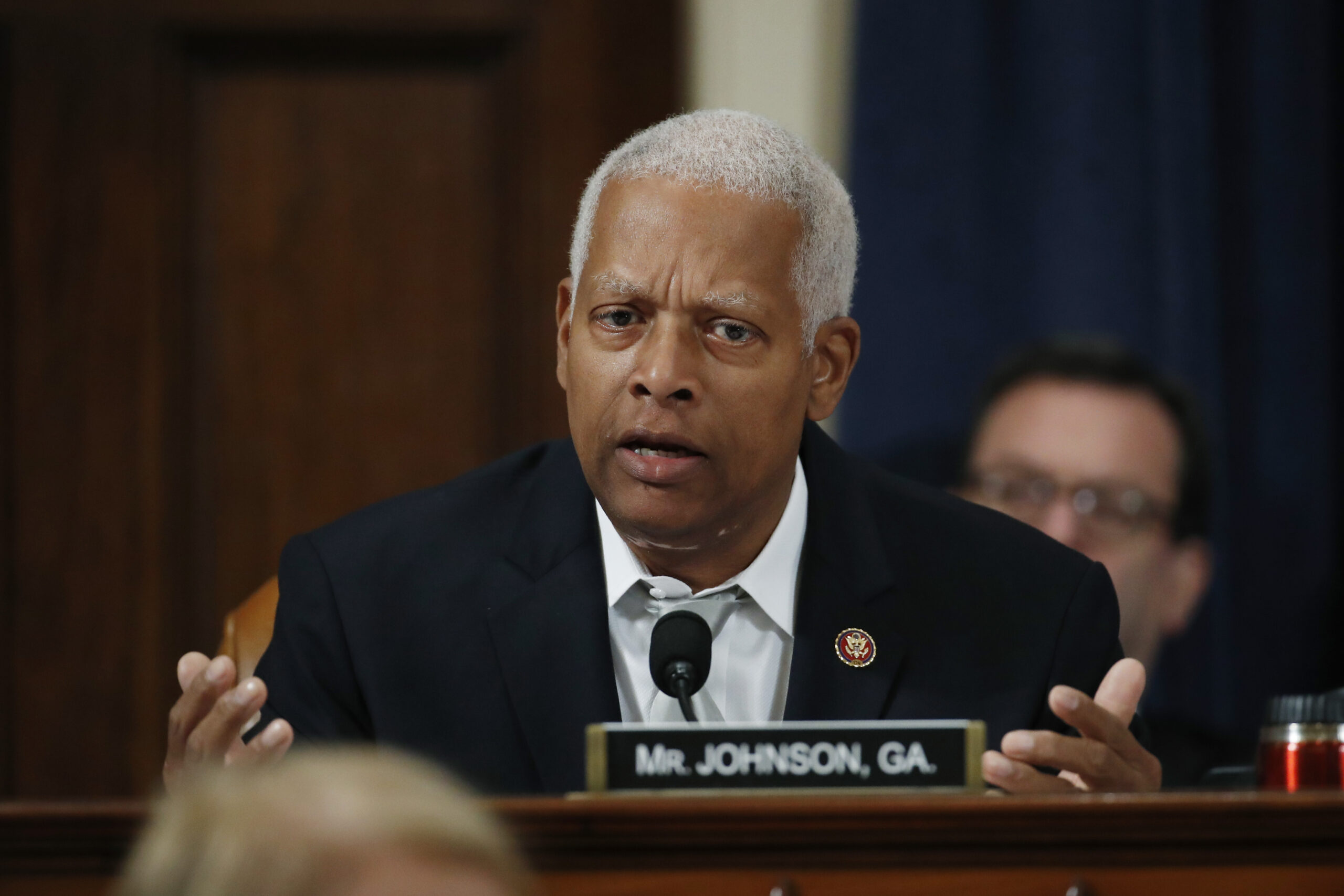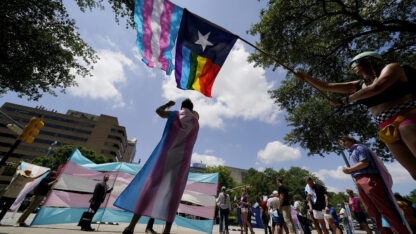Georgia’s 988 mental health crisis hotline took in almost 38,000 calls, text and chat messages in its first 45 days of operation. And while the line’s demographics data are preliminary, state health officials say the numbers are promising.
“The way people are using this three-digit dial may be making it possible for people who have been traditionally underserved to seek support more readily,” said Judy Fitzgerald, Commissioner of the Georgia Department of Behavioral Health and Developmental Disabilities. “We do have early evidence that people we know need help who have been traditionally underserved are finding their way to support through this 988 line.”
The national crisis hotline launched in July. It’s designed to answer calls, texts and chat messages from people experiencing a mental health or addiction crisis within seconds, and refer callers to phone or nearby in-person counseling or other inpatient or outpatient services they may need.
Callers are first triaged by phone and then routed into a queue answered by a master’s level behavioral health professionals supervised by a licensed professional.
As the line prepared to launch, some mental health advocates worried Georgia’s acute shortage of mental health providers in some areas of the state would hamper the line’s effectiveness.
“The challenge isn’t the phone call. The challenge is in obtaining necessary care for the reason the caller made the phone call,” said Roland Behm from the Georgia Chapter of the American Foundation for Suicide Prevention.
“Access to behavioral health resources will continue to be a chronic challenge in Georgia, one that is addressed — in time and in part — by the Georgia Mental Health Parity Act (HB 1013), which went into effect on July 1,” he said.
A Department of Behavioral Health and Developmental Disabilities analysis of initial 988 call data found a high prevalence of calls coming from Georgia’s rural counties.
“This data is preliminary, we will continue to look at it. But for the first 30 days there were more cases in south rural Georgia than other parts of the state,” Office of Crisis Coordination Director Dawn Peel said, noting there was an 8% rise in deaths by suicide in rural areas in 2020.
During the same initial rollout period, 988 also saw more calls from Black Georgians than whites. Just under 10% of crisis episodes involved young people under age 18.
Department of Behavioral Health and Developmental Disabilities officials say the agency is still working to make sure 988 is fully accessible to non-native English speakers.
The phone line currently offers services in English and Spanish, and uses a translation service for more than 250 additional languages.
988 text and chat lines are currently available only in English. Officials say SAMHSA plans to roll out these messaging services in other languages soon.
In the first 45 days of Georgia’s 988 system, the crisis line received 476 calls from people whose lives were believed to be in danger. These calls resulted in an active rescue involving police or other 911 first responders.
But the data show a third of calls to the crisis line are resolved during the initial call.
Roughly a quarter require a mobile crisis unit or other in-person response. Another 46% of callers need a transfer to inpatient or other crisis care.
“If someone called our crisis center and they were in an immediate risk of of harm either to themselves or someone else, and 911 would have to be dispatched,” said Monica Johnson, director for the Division of Behavioral Health at Behavioral Health and Developmental Disabilities. “our crisis center can make that connection with our 911 partners.”
988 suicide prevention and mental health crisis hotline calls, texts and chats in Georgia are answered by trained Georgia Crisis and Access Line operators 24-hours a day, 7-days a week, 365-days a year.
Read more about the at https://988ga.org/.









